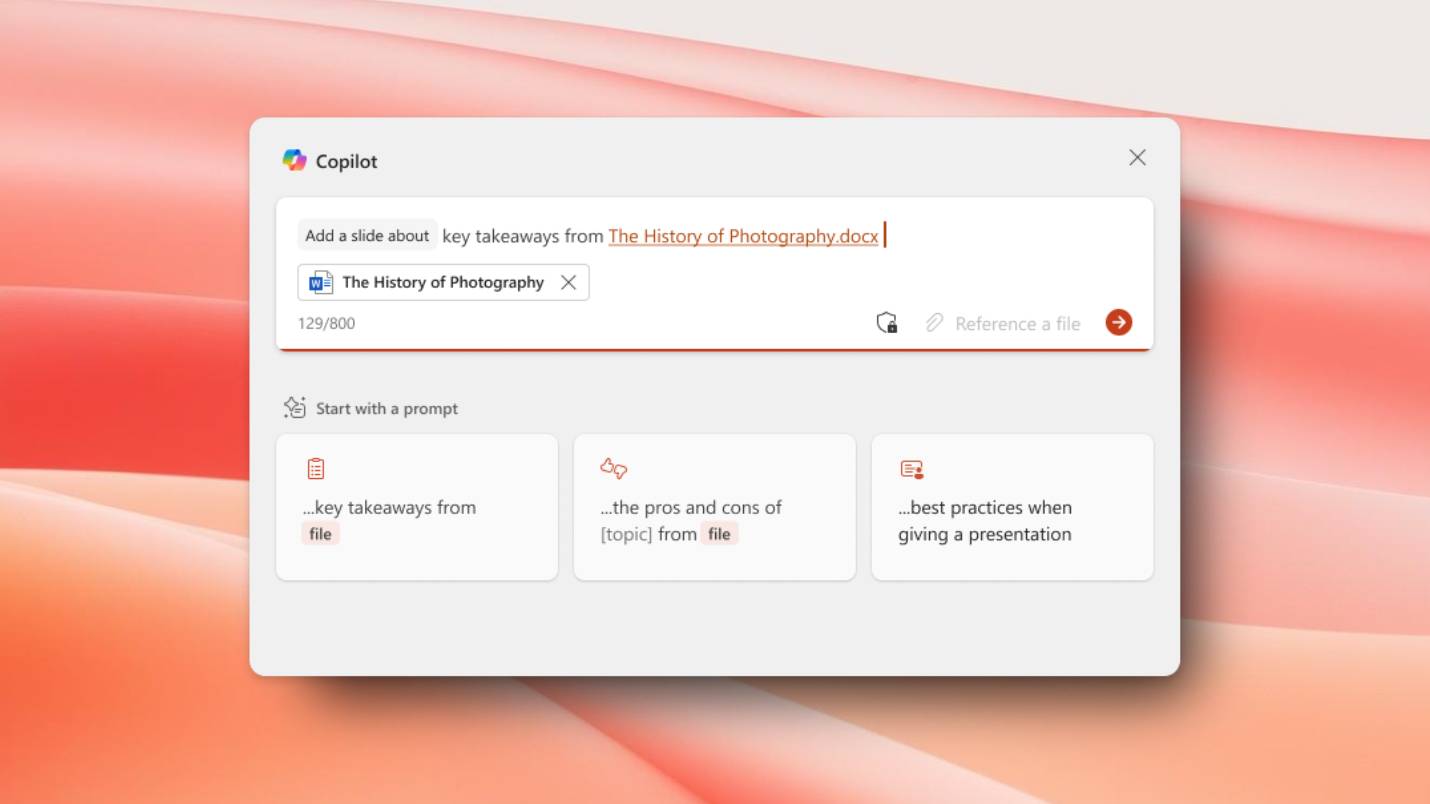When you purchase through links on our site, we may earn an affiliate commission.Heres how it works.
Protecting our data is what VPNs do best.
They encrypt our internet traffic and personal information, hiding it from prying eyes, third-parties, and hackers.

Image: How NordLynx applies changes to WireGuard
Many leading VPNs are actively working on PQE and some have already rolled it out.
Are they moving too early?
Or should every VPN adopt PQE as soon as possible?
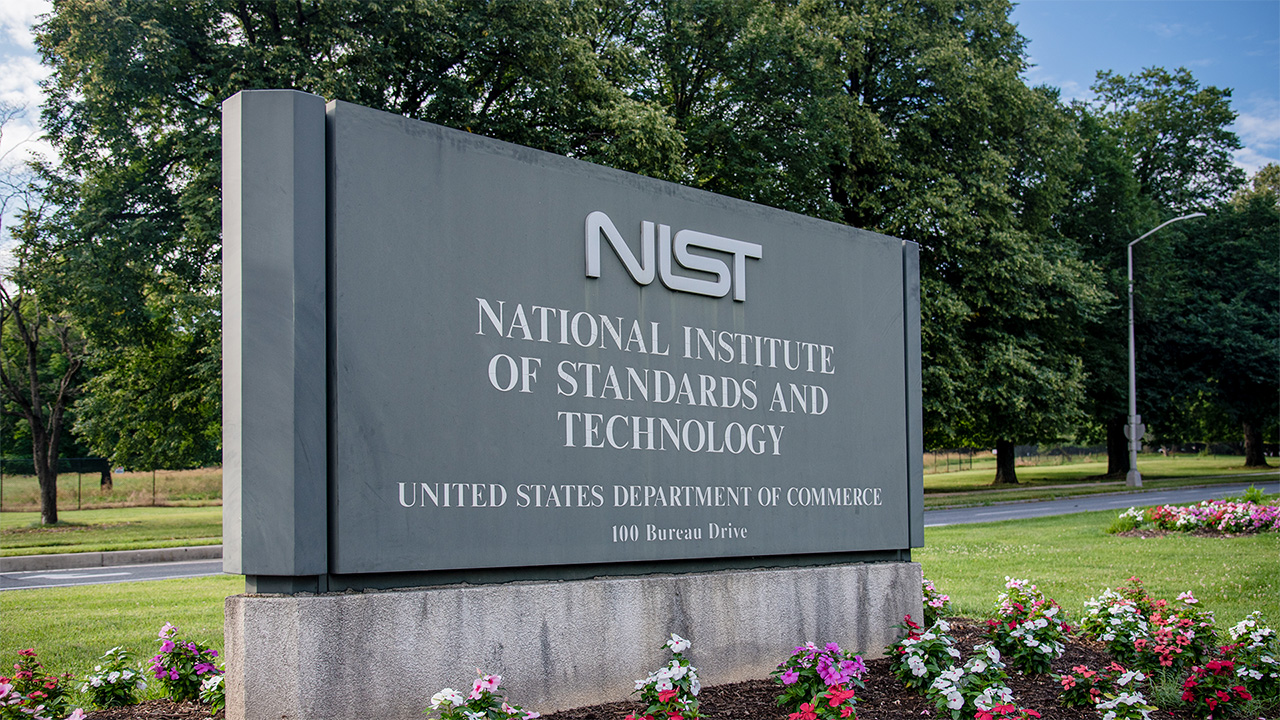
Image: How NordLynx applies changes to WireGuard
It’s certainly an interesting debate, and one that doesn’t have a straightforward answer.
What we do know is thatevery VPN should use PQE it’s just a matter of when.
These are:
NIST Mathematician Dustin Moody called these the “main event.”

The U.S. National Security Agency (NSA) also released a set of cryptographic standards.
The issue around implementation
If PQE implementation is being encouraged, why are most VPN providers waiting?
Firstly, it isn’t simple.
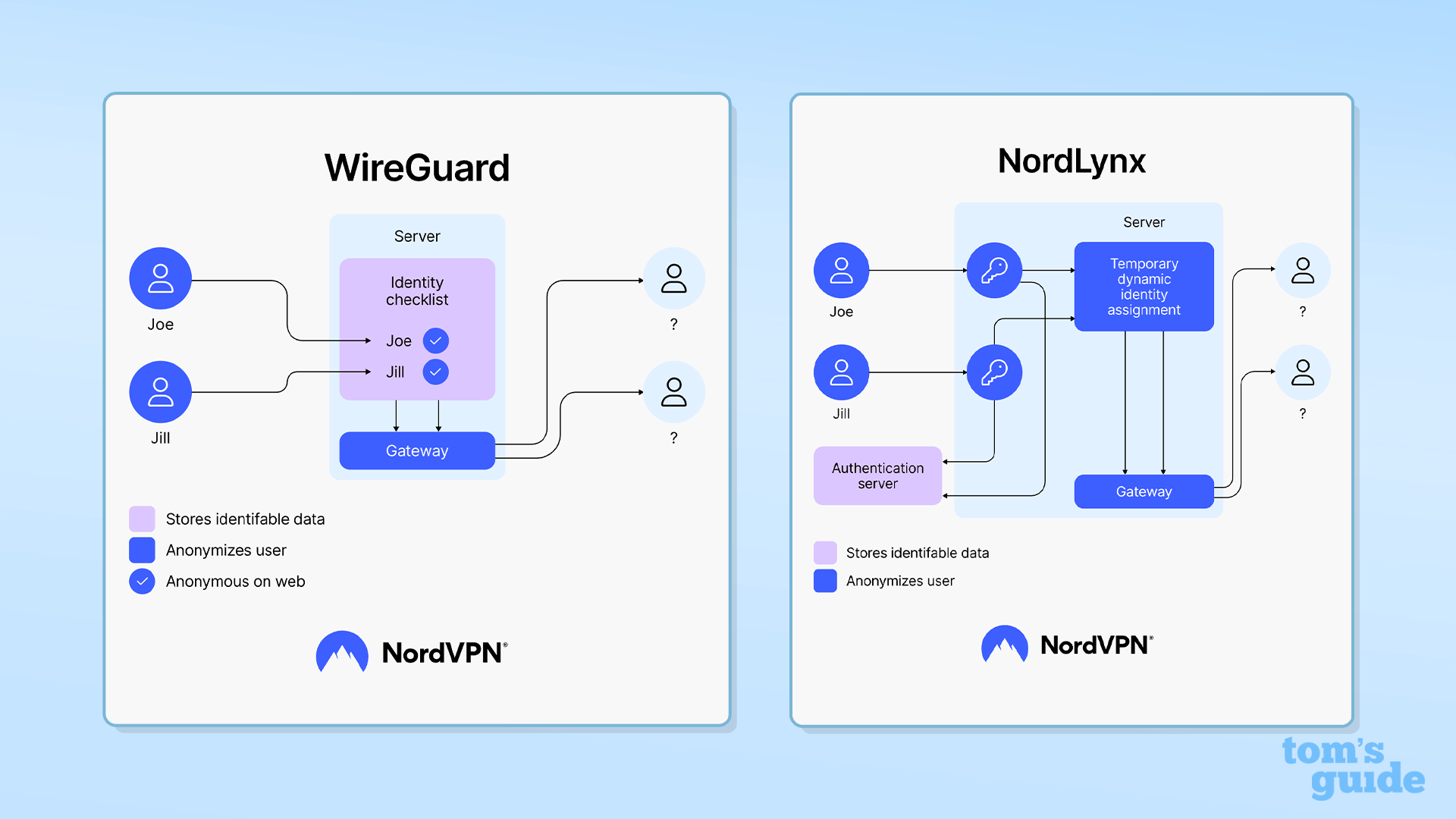
Image: How NordLynx applies changes to WireGuard
Post-quantum cryptography is complex and because of what it protects against, requires careful attention.
PQE has to run alongside existingVPN protocolsor new ones have to be created.
However,WireGuard, the most popular VPN protocol, isn’t fully quantum secure.

Some providers have the resources to invest in this task, but others don’t.
This could be why we’re not seeing widespread adoption of PQE.
Secondly, PQE resistance can’t be truly tested yet because quantum computers simply aren’t readily available.

We won’t know with 100% certainty the effectiveness of PQE for perhaps a decade.
VPNs pride themselves on securing the privacy of their users and will want to guarantee this.
VPNs & Post-Quantum Encryption
Who has implemented PQE?
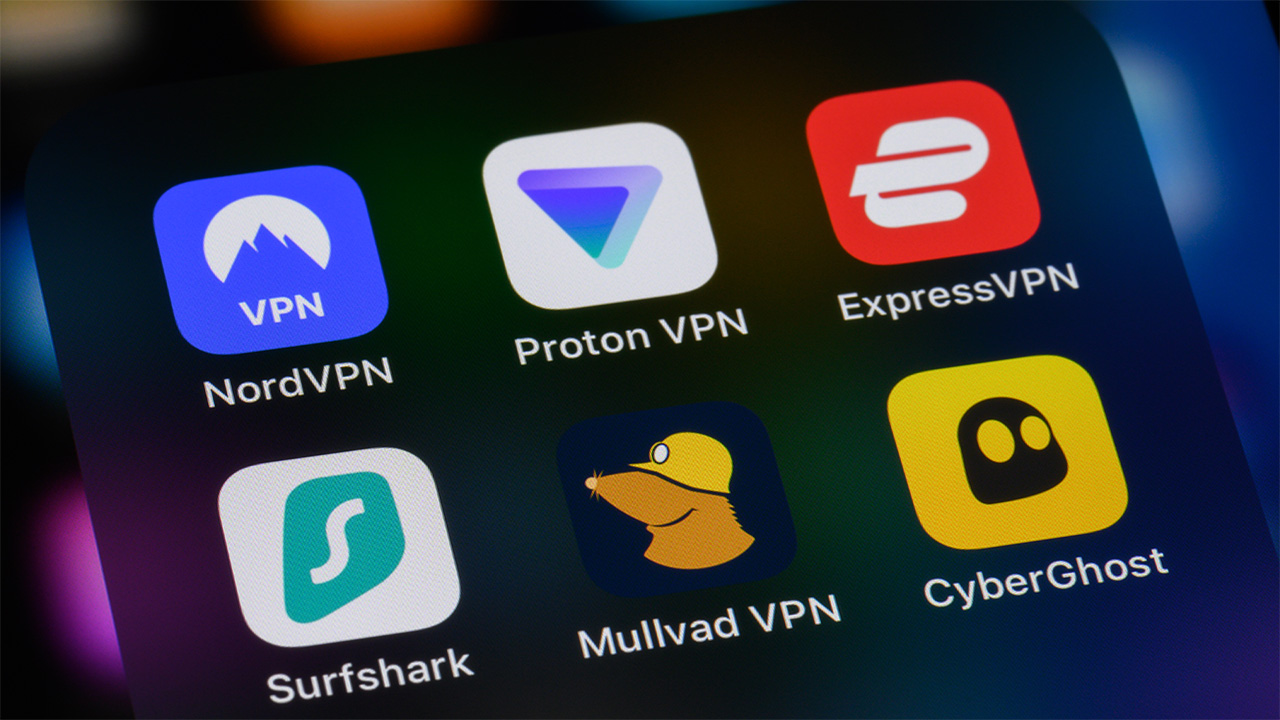
ExpressVPNandMullvadare two VPNs who offer PQE across all apps.ExpressVPN integrated ML-KEMinto itsLightway protocolback in January 2025.
NordVPNhas also introduced its own protocol, known asNordLynx.
This protocol utilises the foundations and structure of WireGuard, butNordVPN has made changesto ensure it’s quantum-secure.

The protocol is available on all desktop and mobile platforms, as well astvOS, andAndroid TV.
Mullvad began its PQE strategy back in 2017, implementing protections on Linux.
iOS support was introduced in August 2024, marking the final app to receive PQE protection.
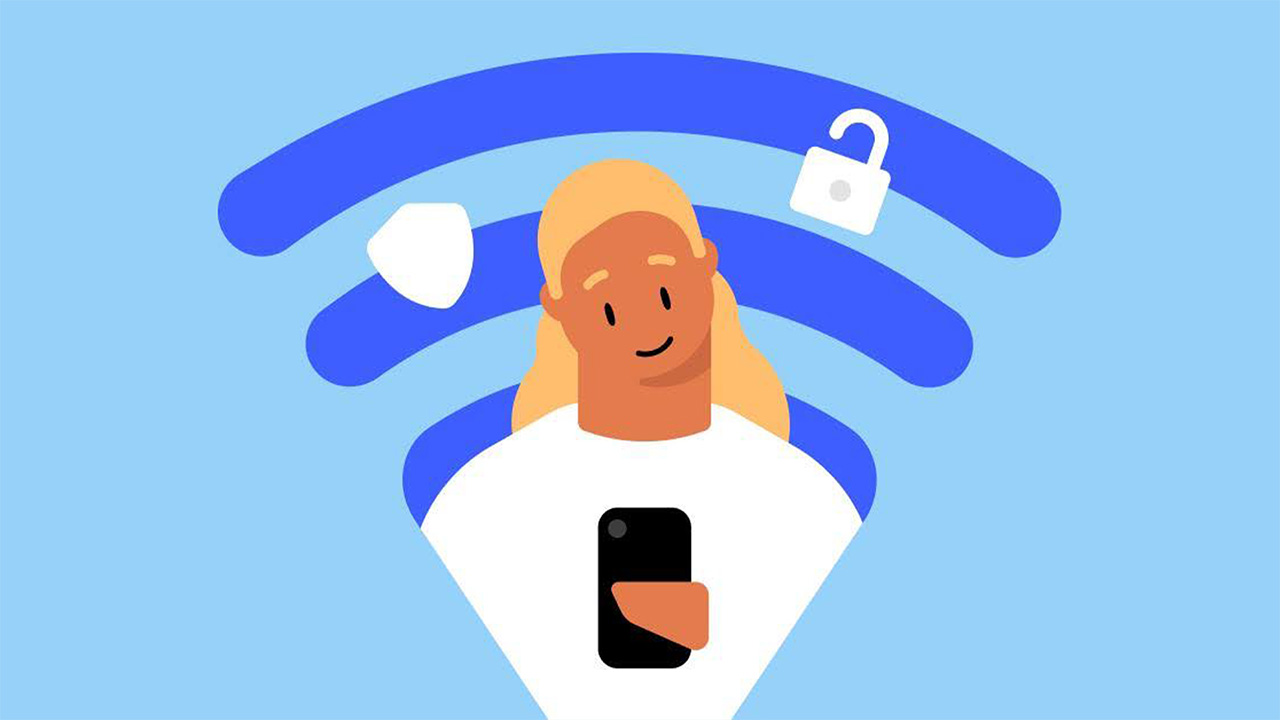
Mullvad also utilises ML-KEM in what it describes as “Quantum Resistant Tunnels.”
Its approach sees post-quantum secure key encapsulation mechanisms sharing a key with WireGuard through its pre-shared key option.
PureVPNandWindscribeare two other providers who have implemented elements of PQE.
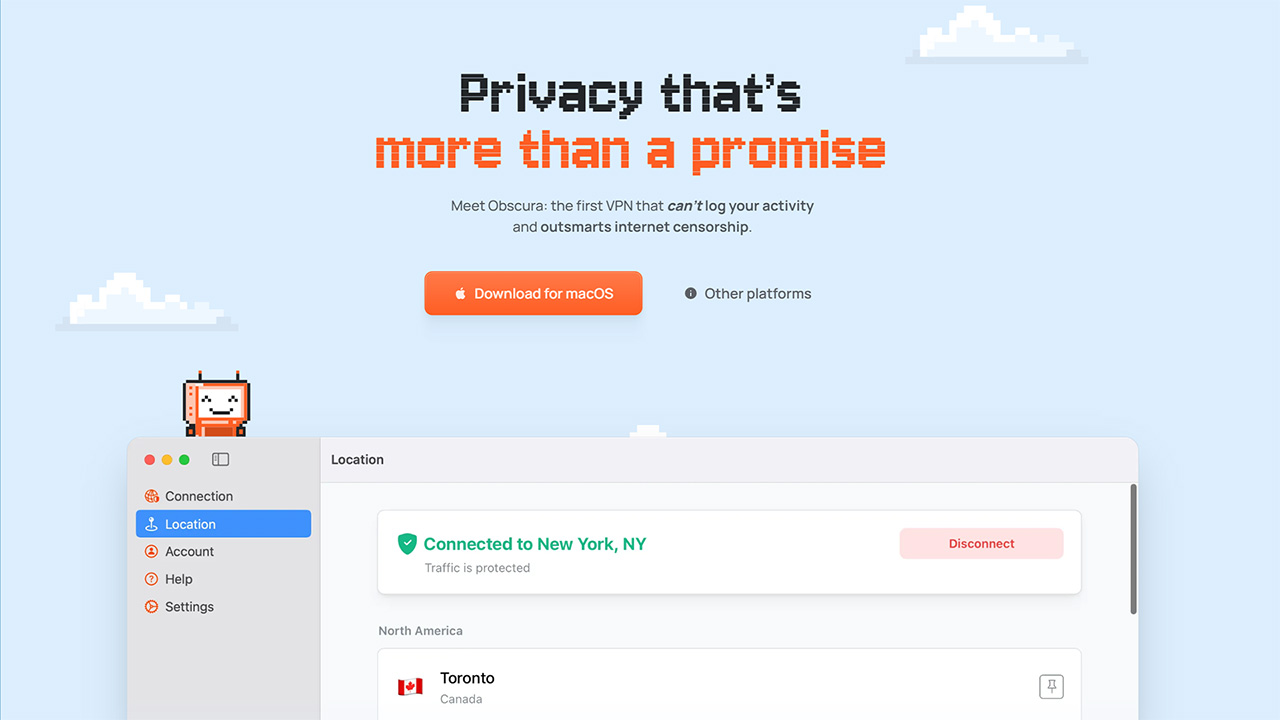
Who hasn’t implemented PQE?
SurfsharkandProton VPNare two leading providers who are yet to implement PQE of any kind.
Surfshark said it is “actively implementing PQE now.”

Adding that its “priority is to take the necessary time to ensure everything is implemented flawlessly.”
Importantly too, we need to battle-test these quantum-resistant algorithms, and to check that they are standardised."
IPVanishis working on PQE implementation and is planning on a 2025 release, with methods currently being tested.
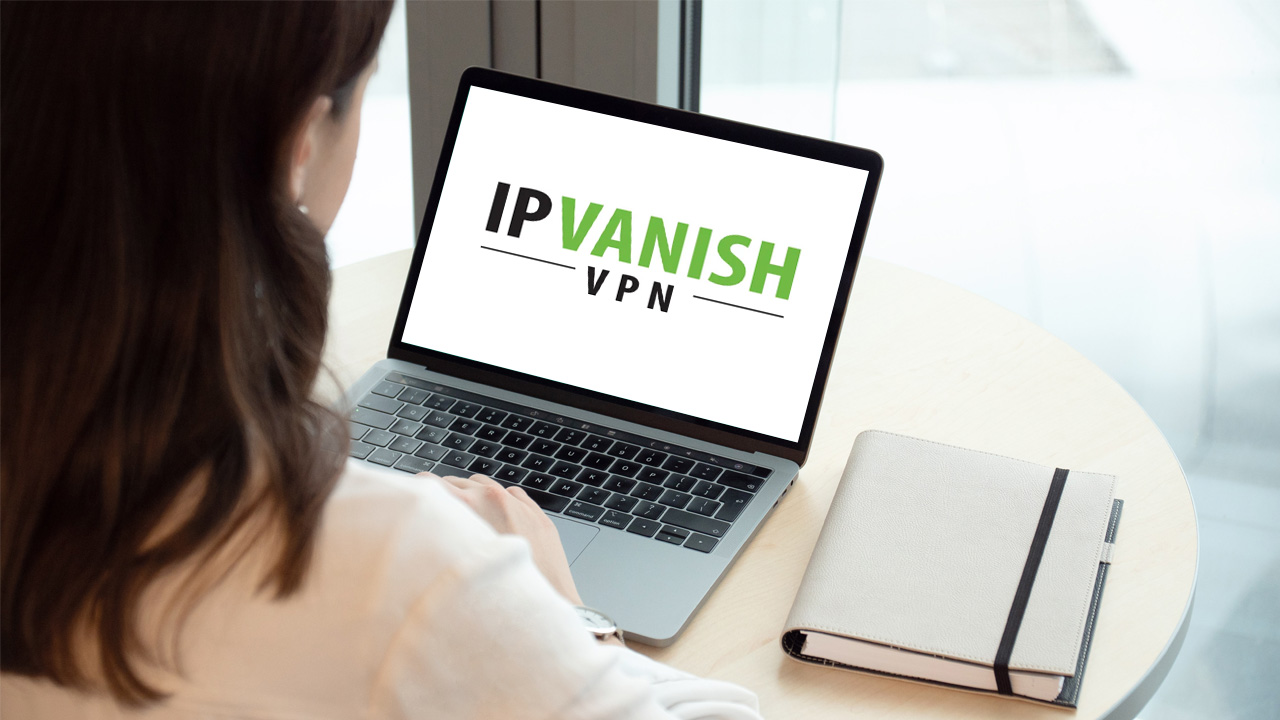
Blaya added PIA was “limited” by current protocols but was “anticipating changes from WireGuard.”
PIA “will be moving quickly to take advantage of any possible improvements.”
VPN newcomersObscura VPNandNymVPNcited concerns with “conflicting guidance” and “disagreements” over algorithms and security levels.

Both are working on implementing PQE, but will not rush it.
However,NymVPN CEO Harry Halpinsaid it would be coming in 2025.
To PQE or not to PQE?

This issue lies not with PQE itself but how it interacts with VPN technology.
NIST has spent years analyzing PQE algorithms and wouldn’t champion protections that were unsafe.
PQE can become a buzzword and something everyone rushes to achieve.

This could come at the expense of proper security and rigorous testing.
But themost secure VPNswant to get it right.
We test and review VPN services in the context of legal recreational uses.

For example: 1.
Accessing a service from another country (subject to the terms and conditions of that service).
Protecting your online security and strengthening your online privacy when abroad.

We do not support or condone the illegal or malicious use of VPN services.
Consuming pirated content that is paid-for is neither endorsed nor approved by Future Publishing.


